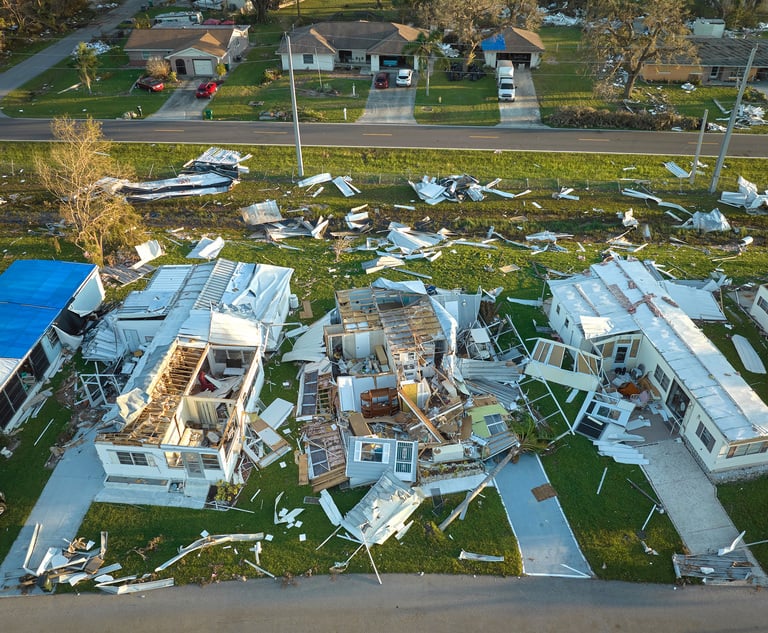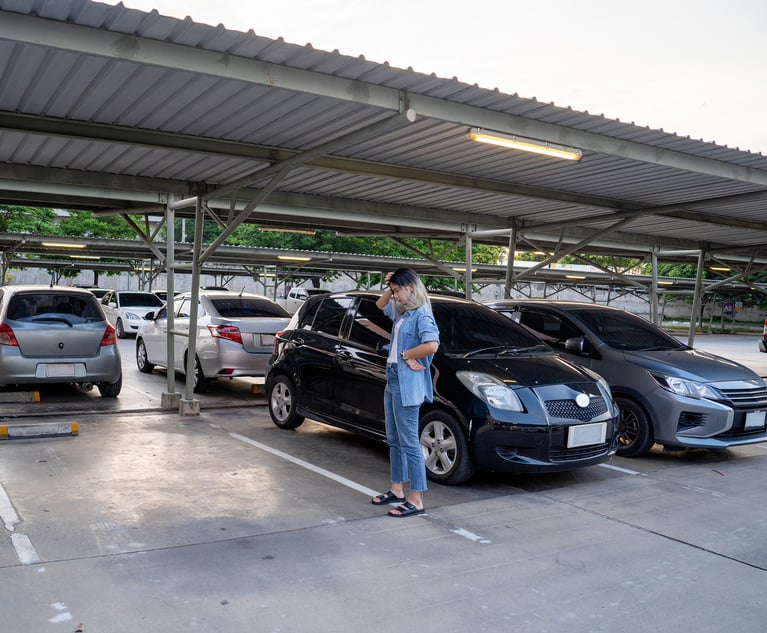In an era where bitter partisanship seems to be the biggestobstacle to sound public policy, it is gratifying when leaders inboth parties can come together to get something done. When theiraction benefits the American economy, then that is even better andmore remarkable.
|Congress is on the verge of accomplishing just such an outcomeby reauthorizing the Terrorism Risk Insurance Act.
|We can all remember the horror of Sept. 11, 2001 and the massivedestruction that came with it. The losses were staggering. Almost3,000 innocent civilians lost their lives–more than were killed inthe attack on Pearl Harbor. Insurers paid out over $35 billion inclaims–financial resources that enabled businesses and the economyto recover.
|Before the terrorist attacks, insurance companies did notexclude losses from terrorist attacks. That approach becameimpossible after 9/11. No one in the industry had any idea “howhigh was up” when it came to estimating possible losses from futureattacks, and models to assess losses were–and stillremain–extremely inaccurate.
|Insurance premiums are based on the ability to accuratelyevaluate the frequency and magnitude of a given risk. There was nobasis to make such evaluations with terrorism.
|A bank making a loan to a business–such as a commercialbuilder–rightfully wanted the assurance that those receiving theloan had insurance in the event of another terrorist attack, justthe same as protection against fire or wind. With coverage forterrorist attacks unavailable, lending for new commercialdevelopments dried up and the impact on the economy wasstaggering.
|The White House estimated that in the 14 months between 9/11 andthe passage of the original TRIA, nearly 300,000 jobs were put onhold. The Real Estate Roundtable calculated that nearly $14 billionin real estate transactions had either been stalled or canceledbecause of a lack of terrorism insurance.
|Congress wisely took action and developed TRIA–one of the mostsuccessful and efficient public/private partnerships ever created.In exchange for insurers making terrorism insurance coverageavailable to all commercial insurance buyers, and paying the first$27.5 billion in losses from a future attack, the federalgovernment promised to serve as a backstop once damages exceed awell-defined threshold.
|Far from any sort of “corporate welfare,” the program only kicksinto action if losses are massive and go beyond the ability of theprivate market to handle the situation.
|No less a friend of markets than Alan Greenspan has stated onmultiple occasions that no primary or secondary private market forterrorism insurance would exist without the federal governmentserving as the backstop.
|Best of all, the TRIA program works. Every year the percentageof businesses buying terrorism insurance increases. Today, nearlytwo-thirds have such coverage.
|What does that mean for taxpayers? It means that should anotherattack occur, the government actually would have a lower level ofexposure than prior to TRIA being put into place.
|There are some who have argued that TRIA hinders the developmentof a robust private market for terrorism insurance. However, thefacts show that just the opposite is true. There are no indicationsthat absent TRIA a private market for such coverage would developon its own.
|Last month, the House of Representatives passed legislation toextend TRIA for 15 years. In the Senate, a bill calling for a moremodest seven-year extension is due to go to the floor soon.
|The House version mandated that insurers “make available”coverage from attacks involving weapons of mass destruction(nuclear, biological, chemical, and radiation–NBCR). The SenateBanking Committee deleted that provision, deciding that carefulstudy is required to assure we do not put the whole program injeopardy.
|The next step is for the full Senate to approve the bill. AHouse-Senate conference committee must then work out thedifferences between the two proposals and send a final version tothe President.
|The White House has sent a strong signal to Capitol Hill that itwill accept the Senate's narrower TRIA extension. We're hopefulthat congressional leaders will act decisively on this criticallegislation and agree on a bill that guarantees a stable, long-termmarket for terrorism coverage.
|PCI and other industry groups have worked hard to educatemembers of Congress on the need to extend TRIA, and it appears weare on the verge of success.
|It may not happen often enough to satisfy most Americans, butwhen Congress does something right, they deserve to be applauded.So, when lawmakers send a new TRIA to the President for hissignature, go ahead and recognize them for the effort. It will begood news for our economy and every American.
|David A. Sampson began his new post as president and chiefexecutive officer of the Des Plaines, Ill.-based Property CasualtyInsurers Association of America on Sept. 4.
Want to continue reading?
Become a Free PropertyCasualty360 Digital Reader
Your access to unlimited PropertyCasualty360 content isn’t changing.
Once you are an ALM digital member, you’ll receive:
- All PropertyCasualty360.com news coverage, best practices, and in-depth analysis.
- Educational webcasts, resources from industry leaders, and informative newsletters.
- Other award-winning websites including BenefitsPRO.com and ThinkAdvisor.com.
Already have an account? Sign In
© 2024 ALM Global, LLC, All Rights Reserved. Request academic re-use from www.copyright.com. All other uses, submit a request to [email protected]. For more information visit Asset & Logo Licensing.








